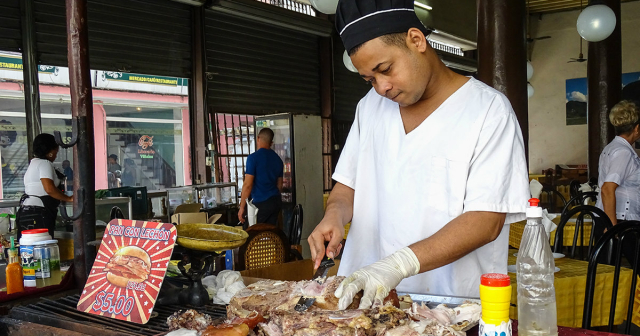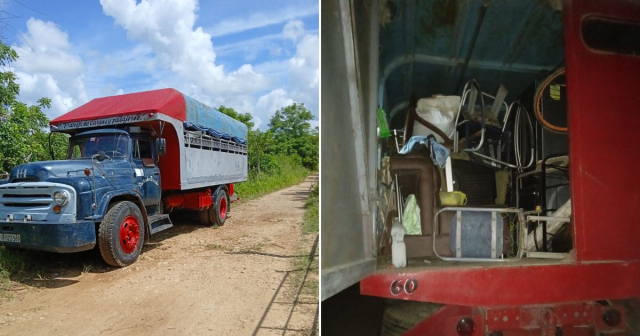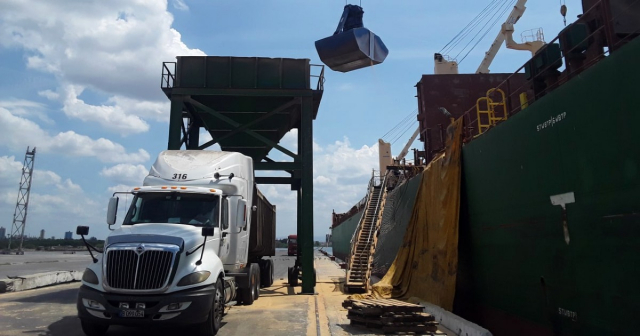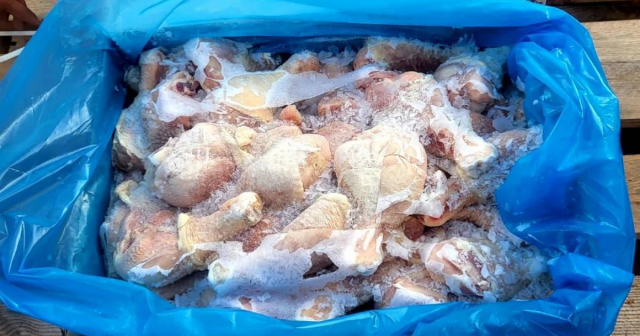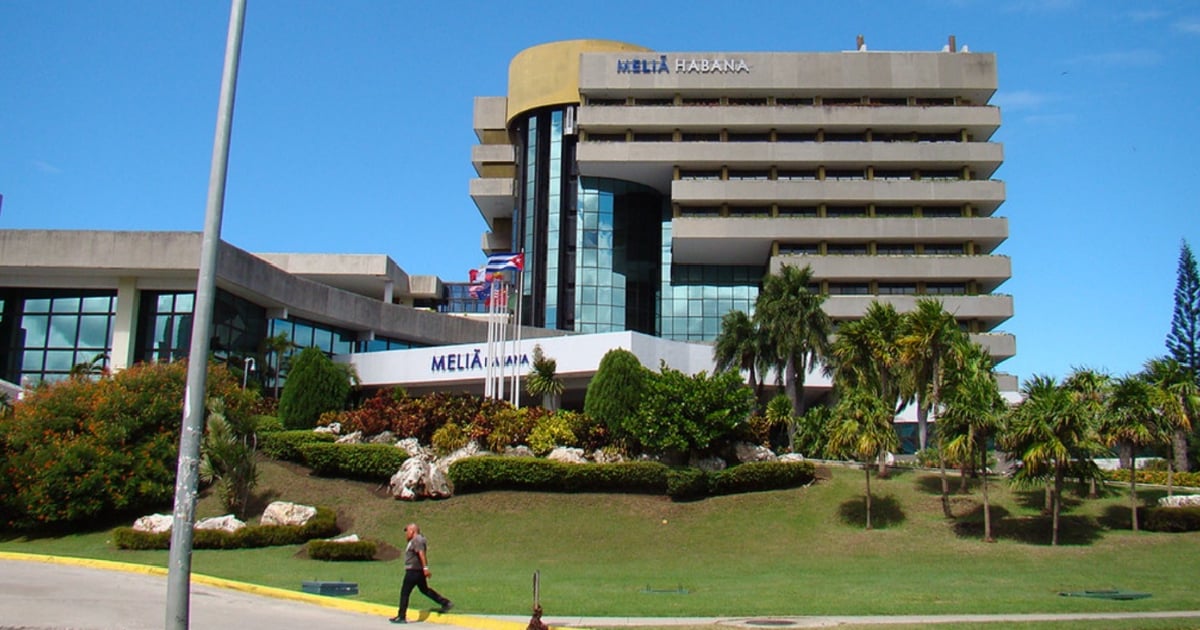
The president of the Spanish Business Association in Cuba (AEEC), Joaquín Samperio Sañudo, stated that there are business opportunities on the island, as he mentioned in an interview with the EFE agency.
Amid the celebrations for its 30th anniversary, the group is participating in the International Fair of Havana (Fihav), the country's most important business event, where Spain leads international representation with 63 companies, five pavilions, and three chambers of commerce.
"We are here because there are opportunities, albeit with risks," emphasized Samperio, highlighting the key role of the AEEC in informing Spanish investors interested in the Cuban market.
He also emphasized the need to "understand the state dynamics" of the Cuban model, which marks a significant difference compared to other countries like Spain or Brazil.
It is worth noting that Spain, particularly in the food and tourism sectors, has become a crucial economic partner for Cuba, surpassed only by energy-producing countries.
The president of the AEEC emphasized the impact of U.S. sanctions on the Cuban economy, describing it as an obstacle that affects all economic decisions in the country.
According to Samperio, Cuba's inclusion on the list of countries that support terrorism has been a "blow" to tourism, one of the island's most significant sources of foreign currency.
Since Cuba allowed private initiative in 2021, the sector has grown significantly, providing new opportunities for interaction with foreign entrepreneurs.
However, Samperio mentioned that the private sector is still in the structuring phase: "It's an organizational process that will take time," he stated.
Despite the challenges, Samperio affirmed that the AEEC maintains a “very good dialogue” with the Cuban government, which provides them with “moral support” in their business activities.
It is important to clarify that the organization must comply with the regulations of the regime, as it does not pay workers directly, but rather pays the government, which disburses in national currency after retaining a significant portion of the money in foreign currency.
What do you think?
COMMENTArchived in:

